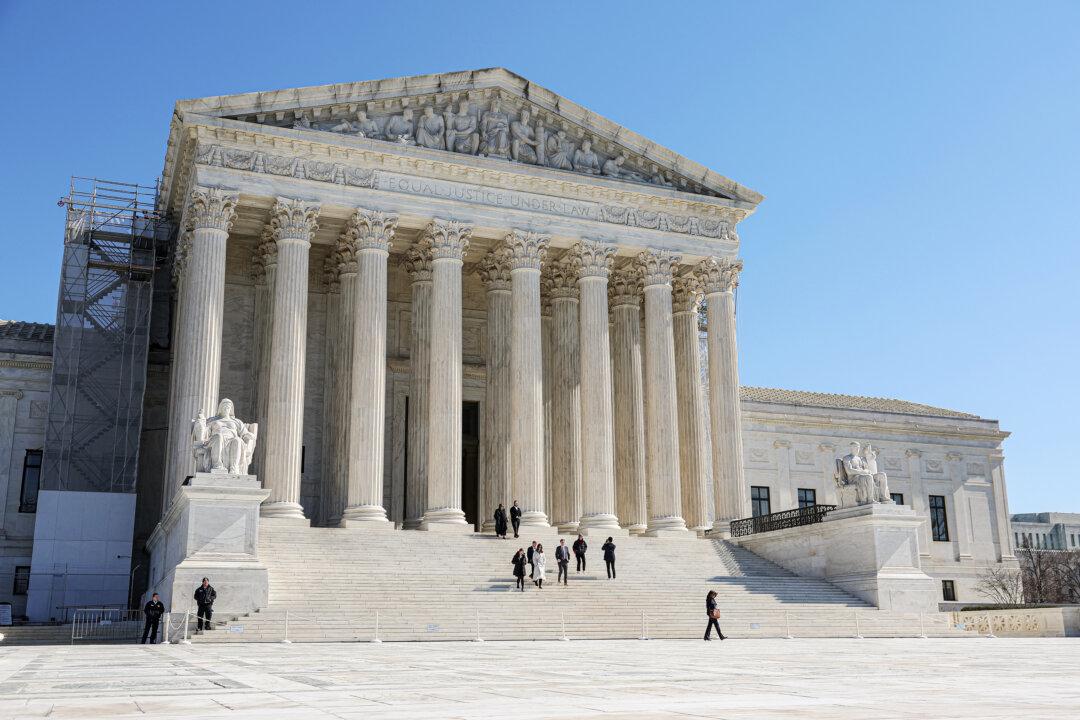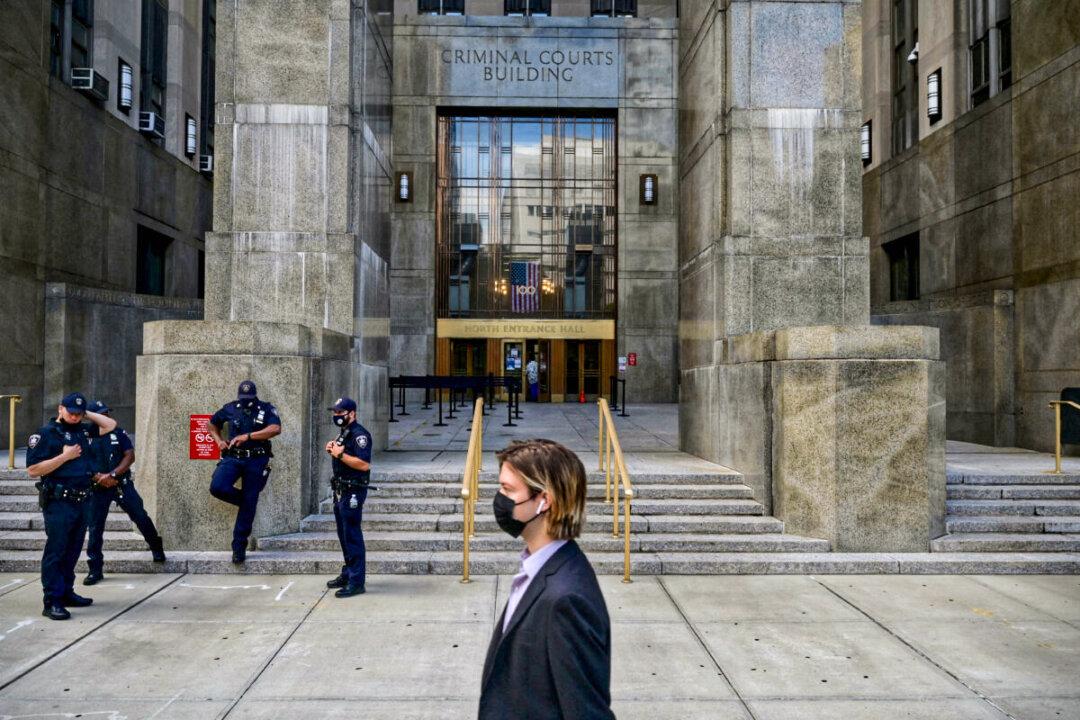Commentary
What if the Mueller report had concluded that there was evidence of illegal activity between the Russian government and the Trump campaign?
What if the conclusion had been that Donald Trump and campaign staffers had participated in secret meetings with Russian officials in Prague, London, and in Trump Towers worldwide, and that they had sought and accepted assistance from the Russians in order to game the outcome of a presidential election, subverting the Constitution in the process?
One can barely imagine the volume and persistence of the calls from Congress and the media for the immediate prosecution of anyone and everyone even remotely associated with the president, along with calls for impeachment and imprisonment of the head of state himself.
The “I told you so’s” from all the usual suspects would be incessant: House Intel Chairman Adam Schiff (D-Calif.)—“I have evidence”—House Speaker Nancy Pelosi (D-Calif.), and newsmen—or should we say editorialists?—Chris Cuomo and Joe Scarborough. The self-righteous, self-serving platitudes and demands for swift justice would be deafening.
As it is, dissenters on special counsel Robert Mueller’s staff soon displayed displeasure at the failure to find evidence of obstruction of justice by utilizing leaks, which isn’t a technique worthy of those who seek to uphold the law.
And these are prosecutors, mind you, who above all others should know better than to publicly discuss the details of a prosecutorial report, which causes potential harm to individuals falsely accused, incapable of defending themselves and without any mechanism to salvage their reputations.
No Crime
However, absent an underlying criminal act, there is nothing to obstruct. To build an obstruction case, one needs a foundation—there needs to be a crime that was obstructed.
To no one’s surprise, Mueller did find evidence of Russian meddling in the U.S. electoral process. Russia—the former Soviet Union—has been seeking to influence the outcome of elections in the United States since the mid-1950s. That is certainly no secret.
Following the dissolution of the Soviet Union, the memoirs of KGB chiefs such as Oleg Kalugin and Victor Cherkashin have been published, revealing the tactics used to influence the political climate, including false anti-Semitic incidents, manufactured white supremacist propaganda, and the dissemination of all manner of “fake news.”





